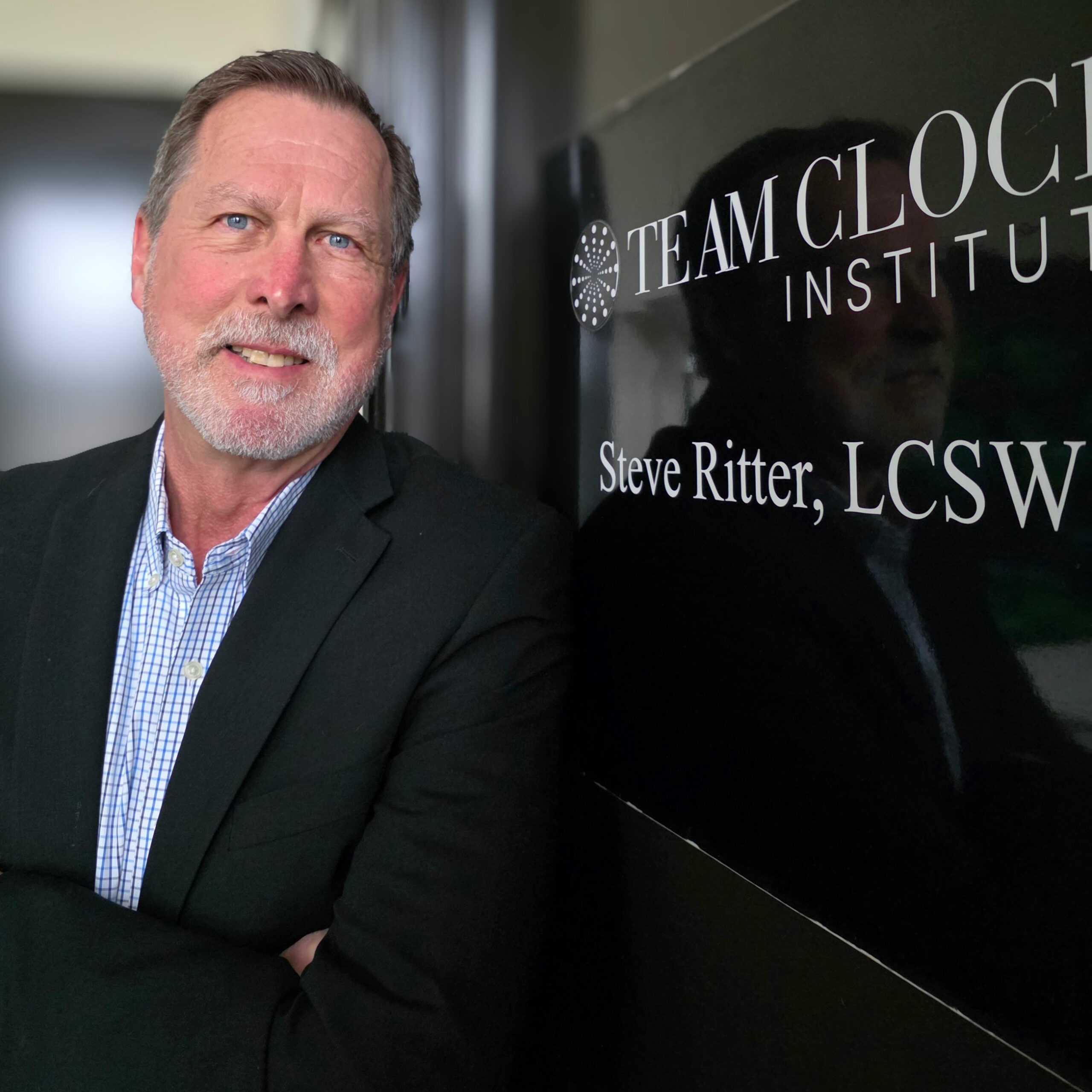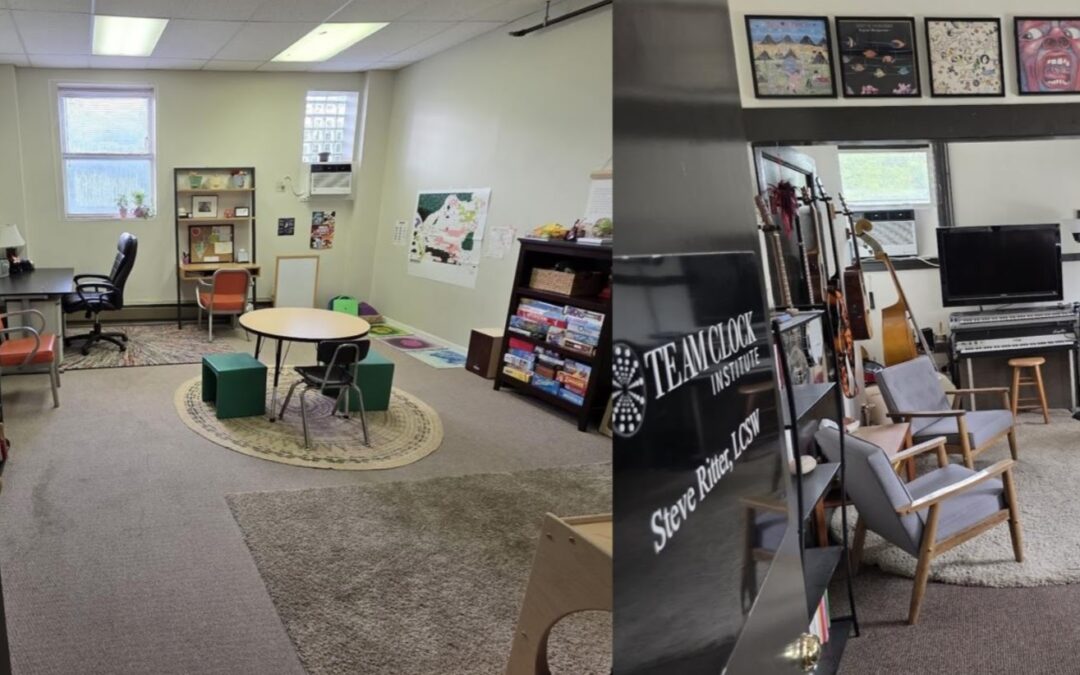When people think about therapy, they typically imagine walking into an office to solve a problem that they’ve not been able to tackle without help. You put your trust in a trained, credentialed expert and hope for relief or some improvement to your quality of life. In many cases, this is exactly what happens. But not always.
Sometimes, it’s not the therapist who makes the difference. It’s the environment. When a client feels safe and free to explore, discovery happens. Beyond the textbook diagnosis, treatment planning, and outcome measurement that happen in every clinical alliance, there is a vibe established between the problem-solving partners where the relationship becomes the catalyst for growth and change. The office space is the medium for this exchange.
We call our pediatric office ‘Your Play Space.’ Our adult space communicates the same invitation. As soon as a family walks in, they sense permission to explore, create, experiment, and discover. It might be with a game, puzzle, or blank whiteboard with unlimited colors of markers. It might be with a musical instrument or a blank pad of paper and a pen. Whatever the tool, new insights and coping skills unfold.
The fun that inevitably follows is not an alternative to research-informed clinical technique. It is simply the conditions that make innovative therapy possible. The client may not be aware, for instance, that self-regulation is strengthening as they experiment with biofeedback software that plays like a game. Yet from week to week, their capacity to find calm when something upsetting occurs increases.
No one really knows what happens in the clinical office after the door closes. Often, it’s not what you’d imagine. The hour that transpires after the door closes is when the space comes alive and the connection between client and therapist becomes a platform for healing and growth.

About the Author
Steve Ritter, LCSW is the Founder and Executive Director of Elmhurst Counseling. He has served as a teacher, author, consultant, human resources director, health care administrator, and licensed clinical social worker since 1977. A fellow of the American College of Healthcare Executives, Steve has provided coaching, therapy and team development services to thriving schools, businesses and organizations.

